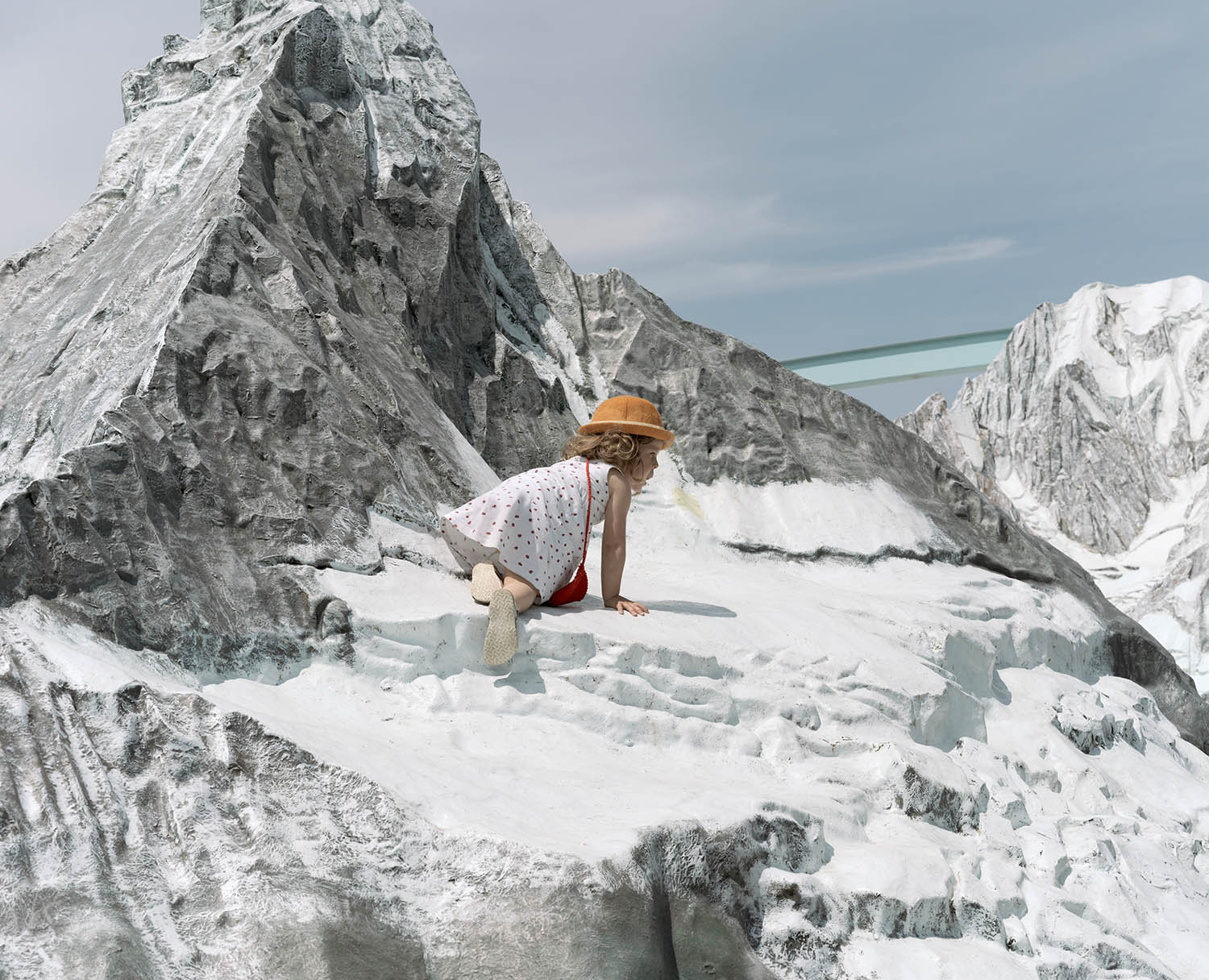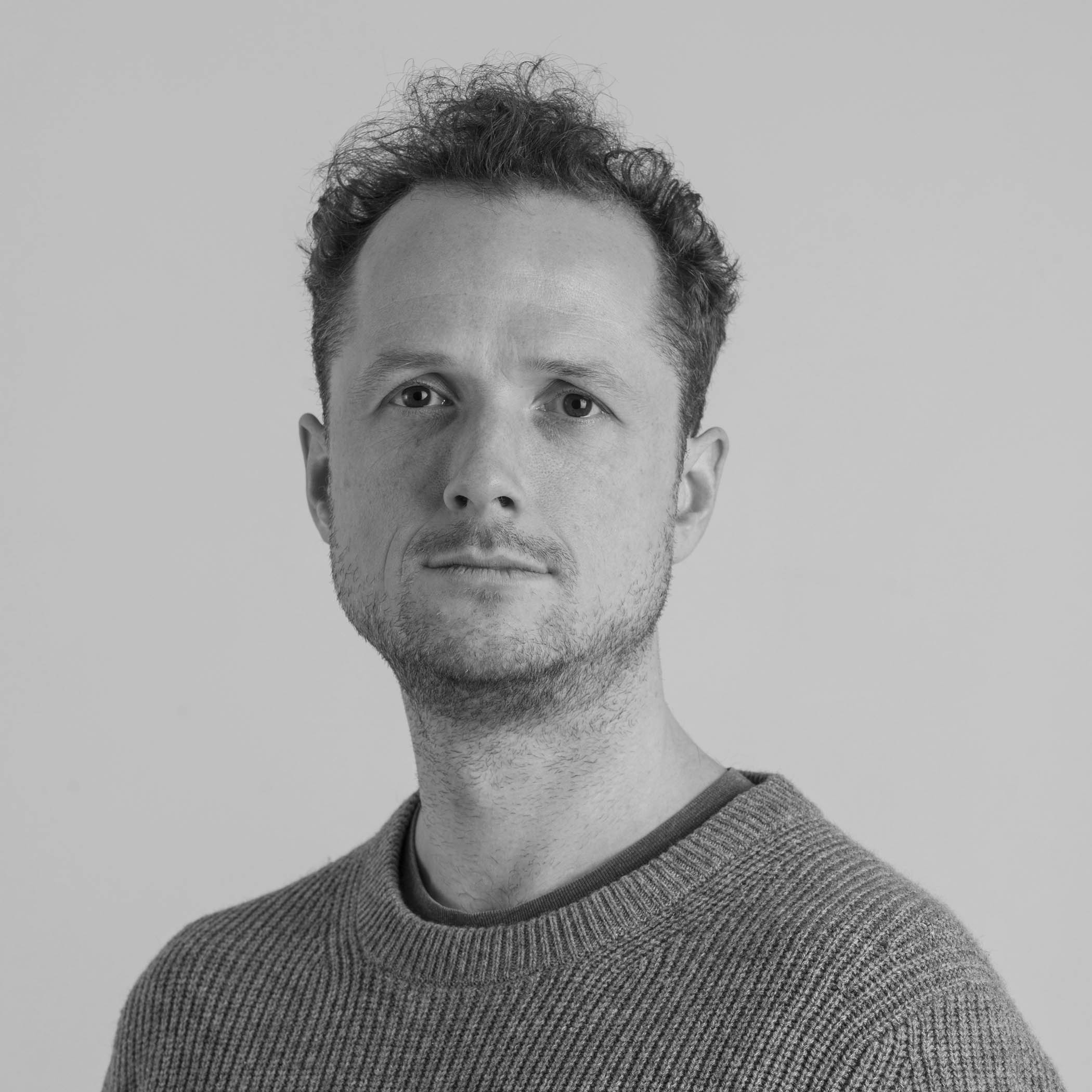The big picture
The trompe l’oeil lasts a split-second at most. It’s not a colossal girl in a polka-dot dress scaling the actual Matterhorn. The mountain is a fibreglass replica in a theme park in Rimini, Italy, which also contains scaled-down models of Venice and a simmering Mount Etna.
As one mystery recedes, another arises. Why do humans with access to real nature so often flock to manmade representations in theme parks, zoos and holiday resorts? It’s a question that photographer Zed Nelson considers in his series The Anthropocene Illusion, which has just won him the top prize at the Sony world photography awards.
“The project is about how we humans have divorced ourselves from nature as we’ve laid waste to the natural world but how, at this exact moment in our evolution, we’ve also increasingly built these artificial, curated versions of the very thing that we’ve destroyed,” says Nelson. “It’s a type of consumerism, I suppose, where nature is packaged and made safe. The thorns are removed, the insects are not there, it’s accessible.”
Although the series delivers a dystopian jolt – these fake environments are also a way of shielding ourselves from the damage we’ve done to the real thing – Nelson allows some room for ambivalence. He describes Italy in Miniature, where he spent two days in 2021, as “a quaint, funny, pleasant place” which brought delight to its visitors. The project might seem despairing, he says, “but it reveals that we humans have an enduring craving for a connection with nature in some form.” If only that craving could be channelled more empathetically, the Matterhorn might still have snow on its slopes when the child in the polka-dot dress has grown old.
The Anthropocene Illusion is published next month by Guest Editions
Newsletters
Choose the newsletters you want to receive
View more
For information about how The Observer protects your data, read our Privacy Policy

